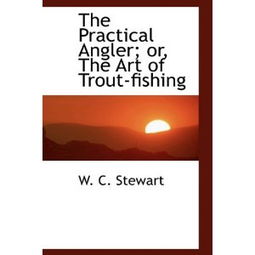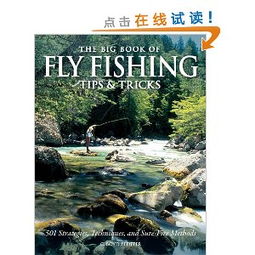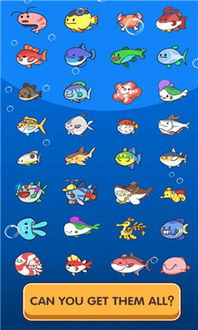Content:
Fishing on a serene lake can be a truly rewarding experience, offering both tranquility and the thrill of the catch. Whether you're a seasoned angler or a beginner looking to cast your line into the water, mastering the art of fishing on lake surfaces requires a blend of knowledge, patience, and the right techniques. In this article, we'll delve into the essential tips and tricks to help you become a proficient lake fisherman.

Choose the Right Equipment
The first step in successful lake fishing is to ensure you have the right equipment. Here's what you'll need:
- Rod and Reel: Select a rod and reel that match the type of fish you're targeting. For instance, a spinning rod and reel are versatile and suitable for a wide range of fish species.
- Line: Use a line that is appropriate for the fish you're after. Monofilament lines are flexible and durable, while fluorocarbon lines offer better visibility underwater and are less visible to fish.
- Hooks: Choose hooks that are the right size for the bait you plan to use. Larger hooks are suitable for bigger fish, while smaller hooks are better for more delicate species.
- Bait or Lures: Depending on your preference and the fish you're targeting, you can use live bait, artificial lures, or a combination of both.
Understand the Lake Environment
Before you start fishing, take some time to understand the lake environment. This includes:
- Water Depth: Fish tend to congregate in certain depths depending on the season and water temperature. In spring and summer, they often stay in deeper waters, while in fall and winter, they may move to shallower areas.
- Structure: Look for underwater structures like rocks, logs, and weed beds, as these can be prime spots for fish to hide and feed.
- Current: If the lake has a current, consider how it might affect your fishing strategy, especially if you're using live bait or lures.
Timing is Everything
The best time to fish can vary greatly depending on the season and the species you're targeting. Here are some general guidelines:
- Early Morning and Evening: Fish are often most active during these times, as they feed more actively to prepare for the day or to conserve energy.
- Overcast Days: Fish may be more active on overcast days because they are less visible to predators.
- Warm Weather: In warm weather, fish may be more scattered, so focus on areas with cooler water, such as deeper holes or shaded areas.
Presenting Your Bait or Lure
The way you present your bait or lure can make a significant difference in your success rate. Here are some tips:
- Natural Movement: If using live bait, try to mimic its natural movement in the water. This can be achieved by gently twitching the line or using a rod with a soft tip.
- Patience: With artificial lures, it's important to be patient. Sometimes, the most subtle movements can trigger a bite.
- Adjustments: If you're not getting bites, don't be afraid to make adjustments. Change your lure, speed, or depth until you find what works.
Reading the Water
Being able to read the water is a crucial skill for lake fishing. Look for signs of fish activity, such as:
- Surface Bites: Fish may be feeding at the surface, which can be a great opportunity for topwater lures.
- Ripples and Bubbles: These can indicate fish moving through the water, particularly in clear conditions.
- Schooling Fish: If you see a group of fish moving together, it could be a school of baitfish, which may attract larger predators.
Safety First
Always prioritize safety when fishing on a lake. Here are some safety tips:
- Weather Check: Always check the weather forecast before heading out and be prepared for changing conditions.
- Boating Safety: If you're fishing from a boat, ensure it's equipped with the necessary safety gear, such as life jackets, a first aid kit, and a VHF radio.
- Water Conditions: Be aware of the water conditions, such as the depth and clarity, as these can affect your fishing experience.
By following these essential techniques and tips, you'll be well on your way to becoming a proficient lake fisherman. Remember, fishing is as much about patience and practice as it is about skill, so don't get discouraged if your first few outings don't result in a big catch. With time and experience, you'll develop a deeper understanding of lake fishing and start reeling in those fish with greater frequency. Happy fishing!












